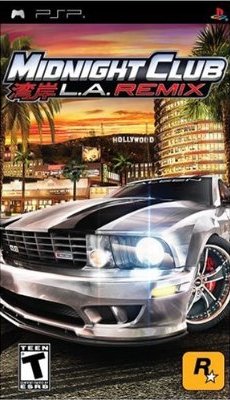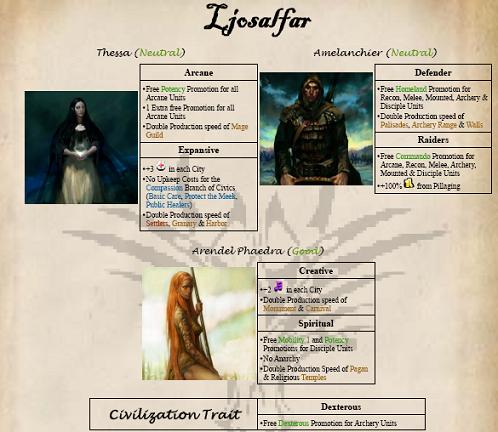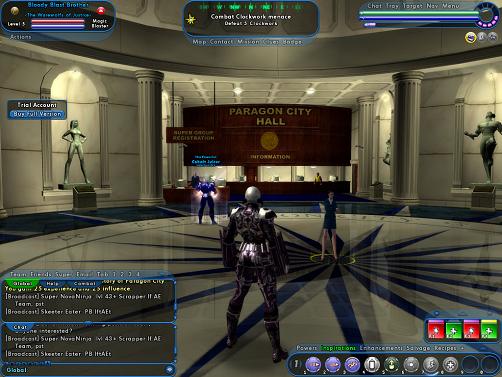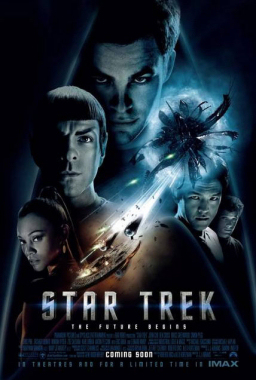So I’ve been thinking recently about opening a stock trading account for the first time and buying some shares on the Kuala Lumpur Stock Exchange. Granted, I already have money in various unit trust funds and insurance saving products, so I’m already indirectly invested in the markets, but I’ve never actually purchased shares for my own account before. What prompted the current interest is what looks to me like ridiculously attractive dividend yields on many of the REITs being traded here and the intense discussion this has generated on the Low Yat forums.
According to a popular blog on the subject that I’ve been folllowing on and off for the past couple of months, the average yield on the REITs based on current prices is a delicious 8.84%. One of the REITs most popular with the LYN folks, Axis, is listed as having a yield of 10.4%. Even better, Axis has a policy of redistributing 95% of its income and has recently moved to a quarterly distribution policy, meaning you get a nice fat cheque every 3 months.
In theory, investing in a REIT should be approximately similar to investing in property yourself, except that in return for a management fee, you are spared from the hassle of actually scouting for good properties, arranging to buy them and finding and managing tenants for them. Since the REITs are all at least partially funded using loans as well, this means that their yields are inflated by leverage, just as an individual investor’s yield would be in buying a property personally using a mortgage.
Being the pessimist and financial conservative that I am, however, I’m still somewhat wary of something that looks too good to be true. For one thing, the yields looks so good and the size of the REITs so small (Axis is worth by my calculations a mere RM 380 million or so, Atrium, another popular REIT is worth only around RM 120 million in total) that I don’t understand why institutional investors don’t just snap the whole thing up. I see that the Employee’s Provident Fund is already the largest shareholder of Axis, at 7.59% of total issued units, but what’s stopping the big players from just taking over such a sweet operation?
As always, I suppose there’s the risk of property prices dropping, tenants leaving or not paying rent (I understand Atrium gave everyone a scare when it announced a lawsuit against a big tenant over rent arrears earlier) and the value of the REITs dropping due to the general market sentiment, but it still looks like a stupidly good buy to me. Am I wrong? I’d appreciate it if anyone has any interesting comments on this before I pull the trigger on this.





